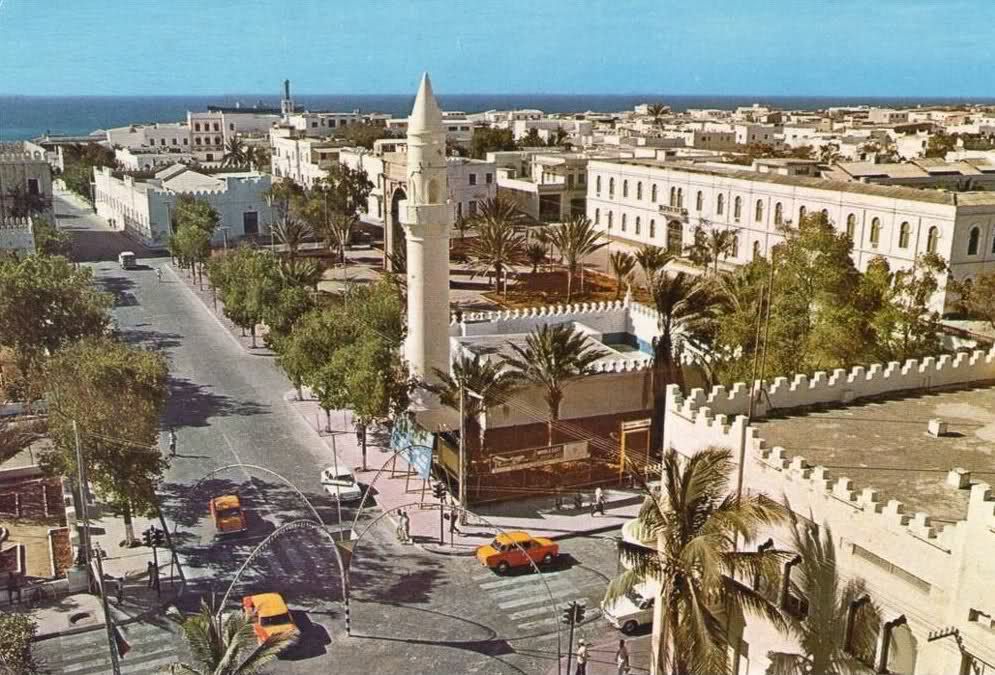Somalia, a sovereign country with about 14 million population located in the Horn of Africa bordered by Ethiopia to the West and Kenya to South West registered the first index case of COVID 19 on 16th March 2020 in the capital Mogadishu of a Somali citizen who returned from China and tested positive of COVID-19 and the first death was registered on 8th April of a 58-year male citizen. On 14th April northern regions (Somaliland) announced the first two cases of COVID-19, followed by the state of Puntland confirming its first case on 19th April and as of 10th May 2020, there were 1,052 confirmed cases and 57 deaths attributed to low level of adherence to government policy measures and lack of strong enforcement mechanisms put in place.
This has come at a time when Somalia has just graduated from the civil unrest perpetuated by Al-Shabaab militia that ravaged the country’s infrastructure and systems for over 3 decades. As of 17th April 2020, there were only 20 Intensive Care Unit beds available, 2.6 million people are in Internally Displaced People’s camps struggling to make ends meet and more than 1.2 million children are suffering from malnutrition, health care infrastructure is ranked 194th out of 195 countries in the global health security index. Furthermore, at the start of the struggle to prevent the spread of the pandemic, testing kits were not available and samples taken from suspected cases in Somalia had to be flown on a chartered plane to Nairobi Kenya for testing and the results took weeks for the government of Somalia to get making contact tracing to be cumbersome.
However, key measures adopted by the government to prevent the spread of the virus starting from 15th March 2020 include; banning of all passengers coming from category one countries i.e. China, Iran, Italy and south Korea among others, closure of all schools, universities and all education centers , giving public and private staff permission to work-from-home, creating awareness about social distancing, suspension of all inbound and outbound international flights, imposing a night curfew in Mogadishu, effective from 8pm in the evening till 5am in the morning but these have not yielded any results since the number of infections is doubling every day as a result of low level of adherence among citizens.
These measures adopted have been faced with cultural paradigm of the local Somali community where social gathering is part and parcel of life, citizens are living normal life gathering at mosques and worshipping places were people meet five times a day to perform their prayers. Similarly, marketplaces too remain open and no distancing is observed, either between shoppers and traders or even between shoppers themselves as well as restaurants and teashops and relatives and friends are allowed to freely visit patients of COVID-19 in hospitals without any protective equipment due to low levels of civic awareness among the population about COVID-19.
Furthermore, all the government efforts to curb this pandemic are concentrated in the capital city of Mogadishu while nothing is being done to curb the spread of the virus in the remote rural areas were Al-Shabaab governs, the level of social awareness about COVID-19 is low, people are living in congested slums, hospitals and medical facilities are hardly accessed by the locals and some people out of ignorance believe that COVID-19 is a disease for the pagans and has nothing to do with Muslims.
In order to improve citizens adherence to the policy measures adopted by the government, there is need to boost civic awareness about the dangers of COVID-19 and how they can prevent themselves from getting infected, enforce the current policy measures, strengthen cooperation and a sense of patriotism between the Federal government and its member states and establish at least one main fully equipped referral hospital to handle COVID-19 patients in every region of Somalia.
Authors Bios
Abdisamad Mohamed Farah is an Independent Thinker and Researcher in the field of Economics and prevailing social welfare. He holds a Masters and Bachelors Degree in Arts and Economics from Kampala International University and currently based in Somalia.


